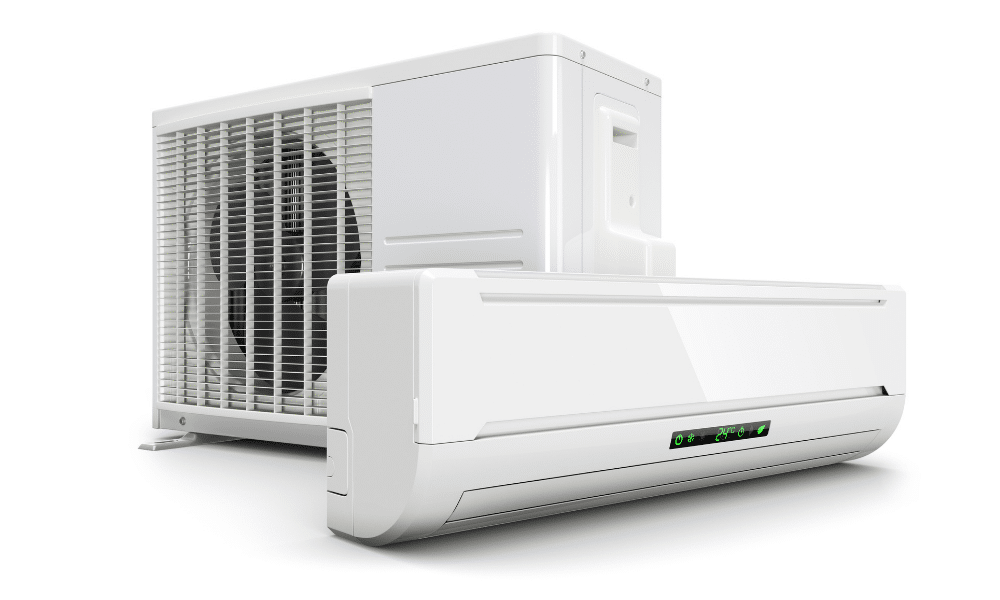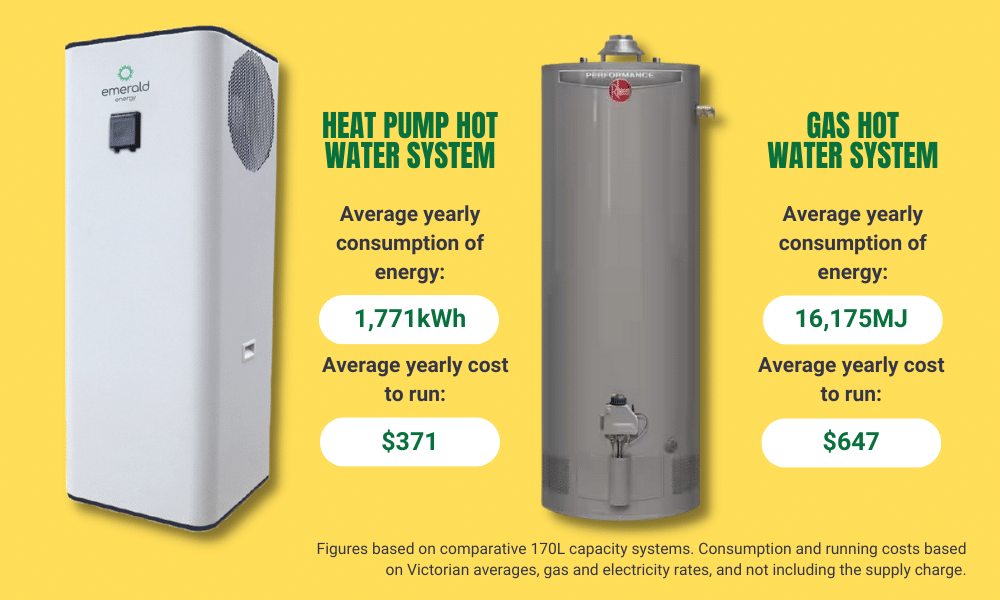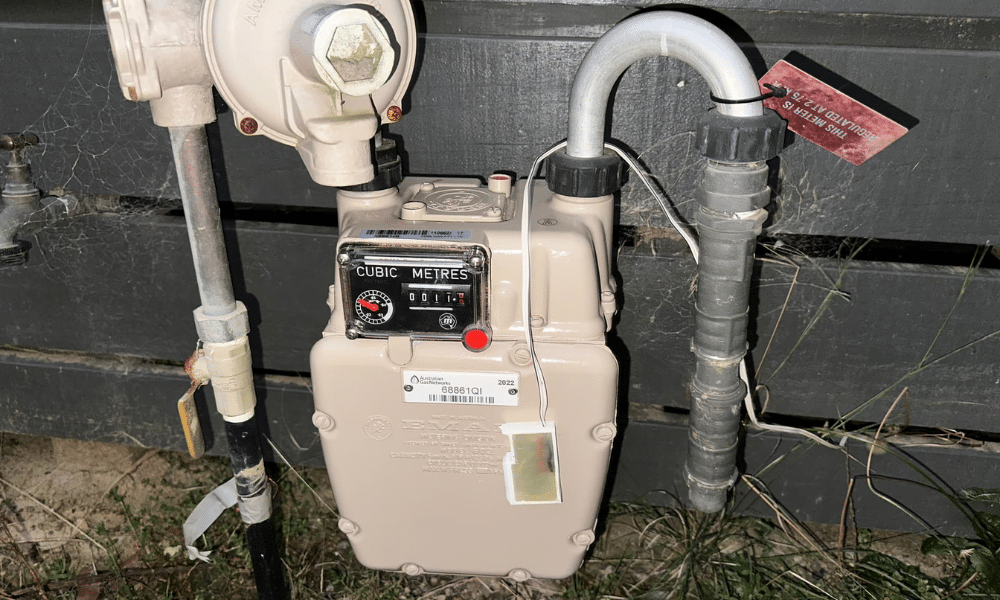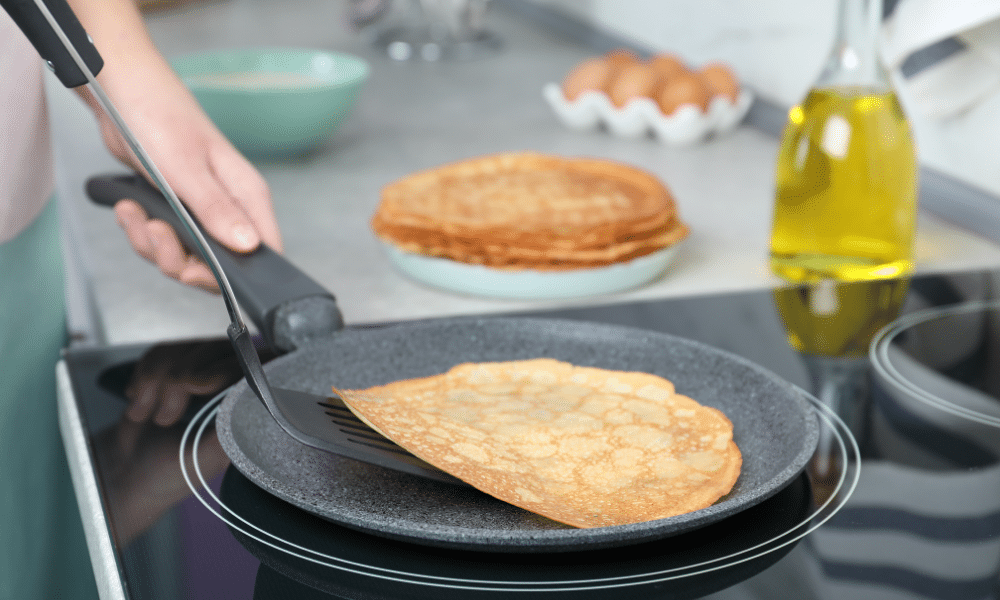Some say that there’s nothing better than cooking with gas, and I used to think so too! So, the thought of swapping out my gas stove for an electric one was not at all appealing – until I investigated what it would mean for my cooking, health, and utility bills. Victoria recently announced that they are steaming ahead with electrification and bidding farewell to new gas connections from January 2024. This move was a shock for some, but a very welcome opportunity for Australia to really start chipping away at our net-zero goal.
Why should you replace your gas appliances with electric?
Go to any white goods store and compare the prices of gas appliances to their electric counterparts. You’ll no doubt find that gas is the cheaper option. The four gas appliances you’re likely to own are:
- Gas cooktop/stove
- Gas oven
- Gas heating (wall or central)
- Gas hot water system
Their electric alternatives are usually more expensive for good reason. Older gas models have few electric parts and are simple to manufacture. New electric appliances contain new technology and innovations that take the control of the appliances to the next level. You can often control your appliances remotely with Wi-Fi!
The main reasons to upgrade your gas appliances to electric
Efficiency
Old gas appliances are usually inefficient and can be costly to run. Upgrading to electric appliances will increase the efficiency of the appliance – not only with the cost to run but the effectiveness of the appliance.
Gas stove tops have long been the preferred method of cooking – the saying ‘now we’re cooking with gas’ didn’t come out of nowhere! But many studies have shown that gas is not ideal for conducting heat. Electric, on the other hand, provides better thermal contact with the cookware – making for even and fast cooking.
Heat pumps and reverse cycle air conditioners (split systems) are more efficient and cheaper to run.

Operational savings
The golden days of gas are long gone. 1MJ of gas holds less energy than 1kWh of electricity. A standard gas oven will use 12MJ per hour of gas compared to 2.3kW per hour of electricity for a standard electric oven. Using Victoria as our example, the average cost per MJ of gas is $0.04 and the average cost per kWh of electricity is $0.2095. The average daily usage of gas in Victoria is 48.3MJ and the average daily usage of electricity is 18kWh.
Gas: 48.3MJ x $0.04 + $0.82 (daily supply charge) = $2.752 per day
Electricity: 18kWh x $0.2095 + $1.00 (daily supply charge) = $4.771 per day
Keep in mind the number of appliances that use gas vs electricity in your home. Most of your home uses electricity to operate – with the high consumption items often being gas (heating/cooling and hot water system).
If your hot water system is 170L 6-star gas, it will be using an average of 16,175 MJ of gas per year.
If your hot water system is a 170L mid-efficient heat pump, it will use an average of 1,771 kWh per year.
Gas hot water: 16,175MJ x $0.04 = $647 per year
Heat pump hot water: 1,771kWh x $0.2095 = $371 per year
Switching your gas appliances to electric will see significant operational savings over the course of a year.
When you pair electric appliances with a solar system, the operational costs will further be lowered.

Environmental/health impact
My recent blog about electrification highlighted the health implications of using gas in your home. The environmental impact of gas is often a hot topic. Prior to the nationwide adoption of renewable energy, and the high emissions from electricity generation, gas was thought of as the better option for emissions. The last 10 years have seen a significant shift in our electricity generation, which has resulted in electric appliances producing less emissions over their life cycle.
A study by Renew Magazine found that changing to electric appliances is almost always a better option for the environment – with the significance of the emissions being most prevalent in South Australia and Tasmania.
How to make the switch: replacing gas appliances with electric
Deciding to electrify your home will not be a cheap task, though it will be better for your home and your hip pocket in the long run. Most states have a rebate or assistance scheme to help you save on the cost of upgrading your old, existing appliances. Remember that your new appliances will also come with warranties.
Hot water systems
I highly recommend upgrading your gas hot water system to a heat pump. Heat pumps are the most efficient hot water systems currently available. Before making the switch, find out what rebates and incentives are available in your state. Your heat pump will also be eligible for federal STCs, further reducing the upfront cost of the system. You can get FREE quotes for heat pump hot water systems here.
Heating and cooling
Swapping out your wall or central gas heaters for reverse cycle air conditioning will increase the efficiency of the heating, provide cooling in summer, improve the interior air quality, and lower your utility bills. Installing split systems in strategic parts of your house will also create climate zones – further increasing the efficiency of the systems. Split systems may also be eligible for a rebate in your state.
Switching to electric cooking
Induction stove tops are the best thing since sliced bread, in my humble opinion! Heating is almost instantaneous, the cooktop is cool to the touch (fantastic for little, exploring hands), heating of your pots and pans is even and efficient, and the ongoing savings are very high.
Most homes already use electric ovens, and this is due to them being surprisingly cheaper than gas ovens. If you need to upgrade to an electric oven, look for the energy star rating to ensure that you are selecting the most efficient available.
Disconnecting from gas
The day you can disconnect gas from your home is the day you can say goodbye to the daily supply charge. With it creeping up to $1 per day, that’s almost $365 of savings alone. Ultimately, you want to achieve energy independence, and that cannot be done with a gas connection.

Solar plays a pivotal role in electrification and a move away from grid reliance. I would go so far as to say that it is the most important change that you can make to set your home up for energy independence. Just like the gas appliance switch, you will see a return on investment in no time.
Hitting the gas on a cleaner future
Electrification is just one way that Australians can take the future into their own hands and charge towards a cleaner future. Electrification may not be a feasible option for some, and renters may feel like the choice is out of their hands, but we can all make small changes to decrease our environmental impact, as well as our bills!
Complete our quick quiz to get FREE quotes for solar, battery storage, and other renewable energy technologies. We will connect you with trusted local installers.














































